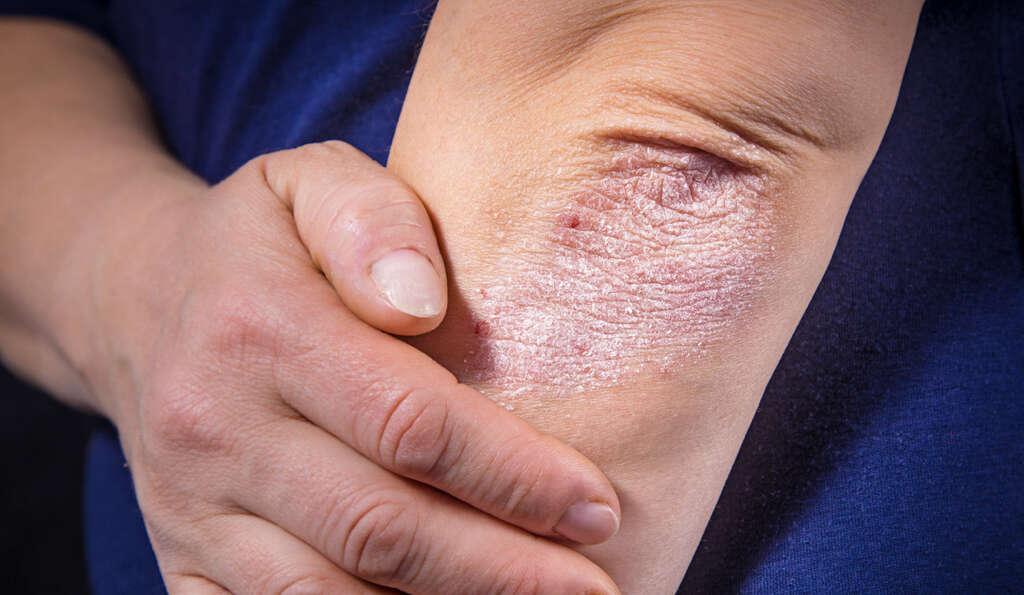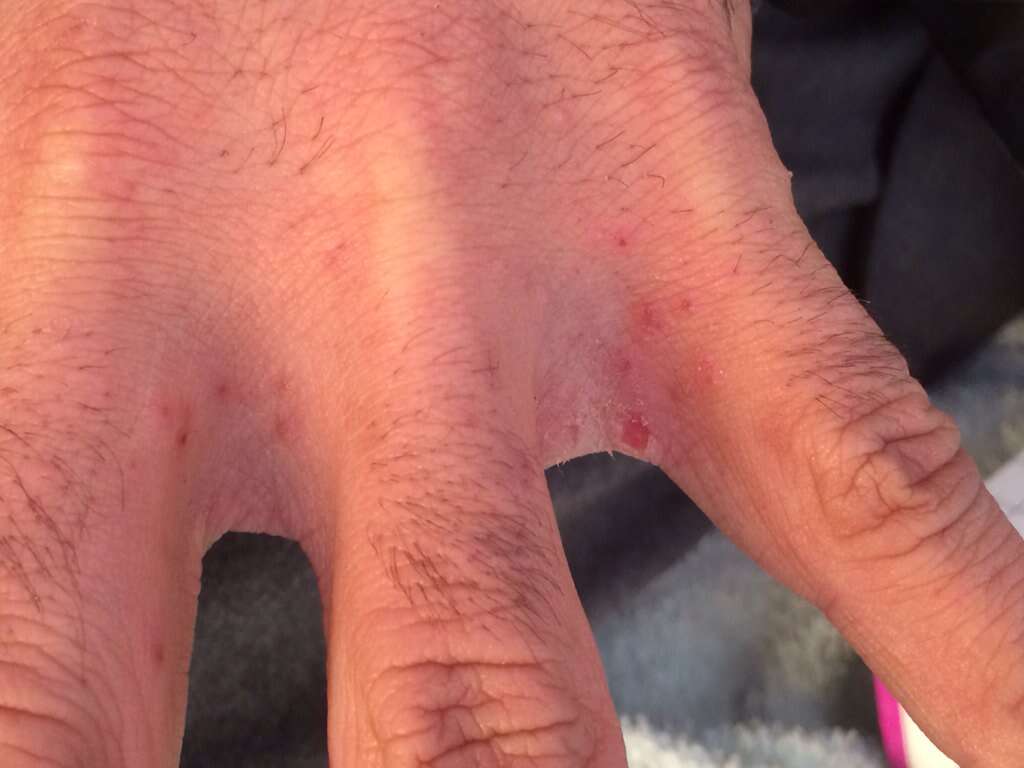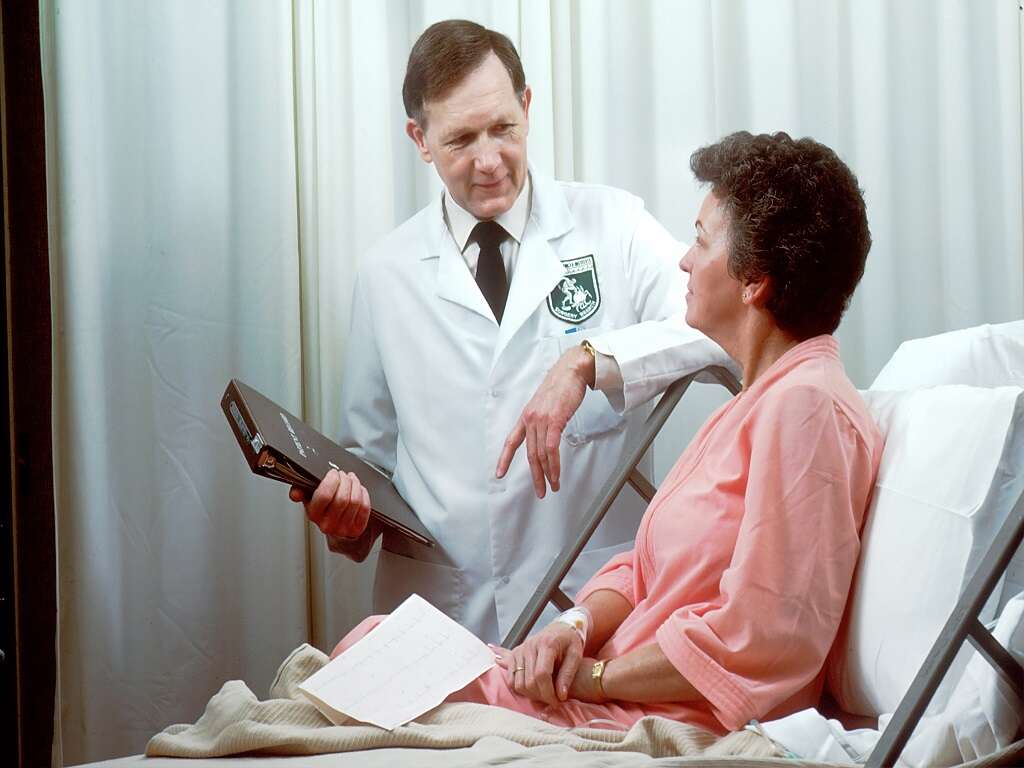10 Scabies Symptoms
One of the most uncomfortable yet common skin ailments is scabies. It is caused by exposure to a type of small burrowing mite known as Sarcoptes scabiei. These tiny eight-legged bugs are difficult to spot with the naked eye but their effect is more obvious. The skin infestation leads to the mites laying eggs on the skin’s surface, leading to itchiness and red rashes.
Scabies is a highly contagious condition that easily spreads from person to person in the home, work, school, and other social group environments. It can spread through direct skin contact, sharing of clothes, and bedding. First-timers may take several weeks to detect symptoms, while those that have had it before tend to realize reinfection in a matter of days. Luckily it is a highly treatable condition.

1. Itching
A persistent and intense feeling of itching is the most reported symptom of scabies. This sensation can be felt in various parts of the body including the arms, legs, chest, and genital areas. It may be brought on by the burrowing of mites into the skin and their activity of reproduction and laying eggs. This irritation is most severely felt at night, causing disturbance to sleep as you itch more.
To gain some relief, you may make use of topical creams or ointments, or oral anti-itch medication. These remedies however provide temporary relief as they do not eliminate the mites that are the cause of the problem. Seeking medical treatment is important as excessive scratching can lead to even more severe problems such as open sores. This can later provide a means by which infections can enter the bloodstream.

2. Rashes
When the skin is irritated, it is common to see tiny pimple-like bumps that can be scattered or clustered together. Just as with skin allergies, these rashes that occur due to scabies are very evident thanks to the unsightly appearance. They can also appear like tiny blisters or scales.
In adults, the rashes will often appear where there is the most warmth and darkness. This includes between the fingers, wrist, inner elbows, armpits, around the breasts, the genital area, buttocks, knees, and soles of the feet. Children will also suffer rashes on the scalp, face, and palms of the hand. These are also often the same areas that will itch.

3. Scabies Burrows
Blemish-free skin is not just a mark of beauty, but also a sign of good health. While rashes are bad enough, scabies does complicate this aspect of appearance even further. Female mites can often cause track-like burrows to appear in the skin. These raised lines are caused by the mites traveling just beneath the surface of the skin as they lay eggs. These lines can appear skin-colored or take on a grayish-white hue.
Because most scabies sufferers have between 10-15 mites on their person at a time, these lines are not always common. They are more likely to be found on the webbing of fingers, skin folds, genital areas, and shoulder blades.
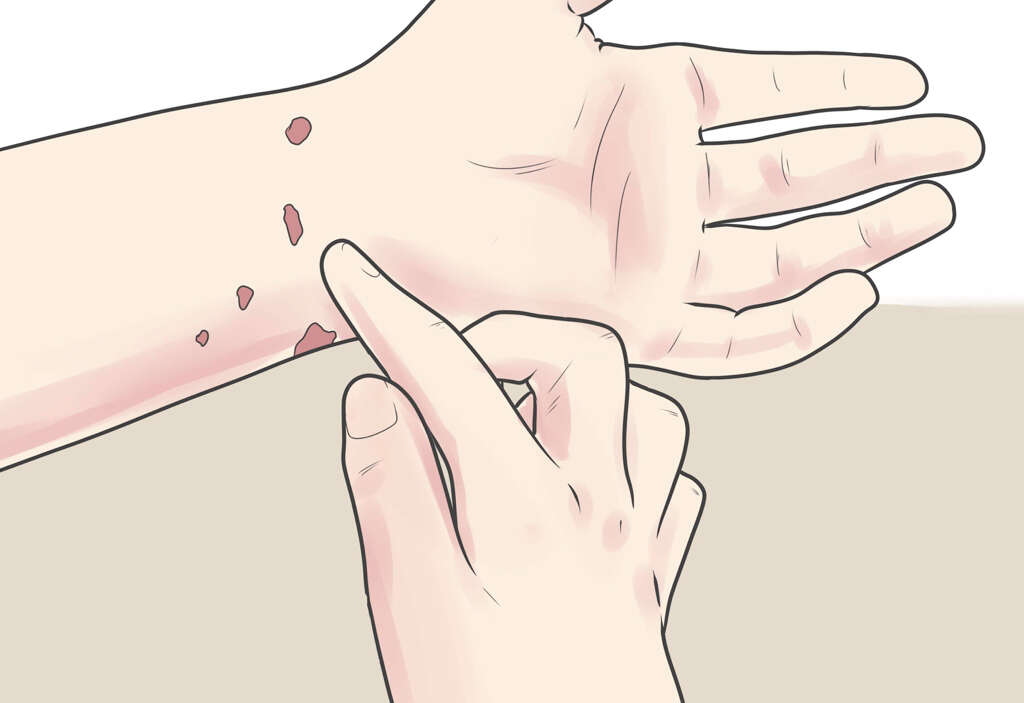
4. Sores
Skin irritation can greatly interfere with one’s quality of life. The intense need to scratch at oneself when you are trying to focus on other things is challenging. Suffering this feeling when with others and in parts of the body that would cause embarrassment further adds to the stress. Scratching however makes one gain a sense of false relief. This is because you are actually injuring yourself by breaking the skin.
Since the itching is often in the same areas where rashes and burrows have developed, it can lead to open sores as a person scratches off the top of bumps. This is a problem for those with weakened immune systems as open sores can become an entryway for infections.
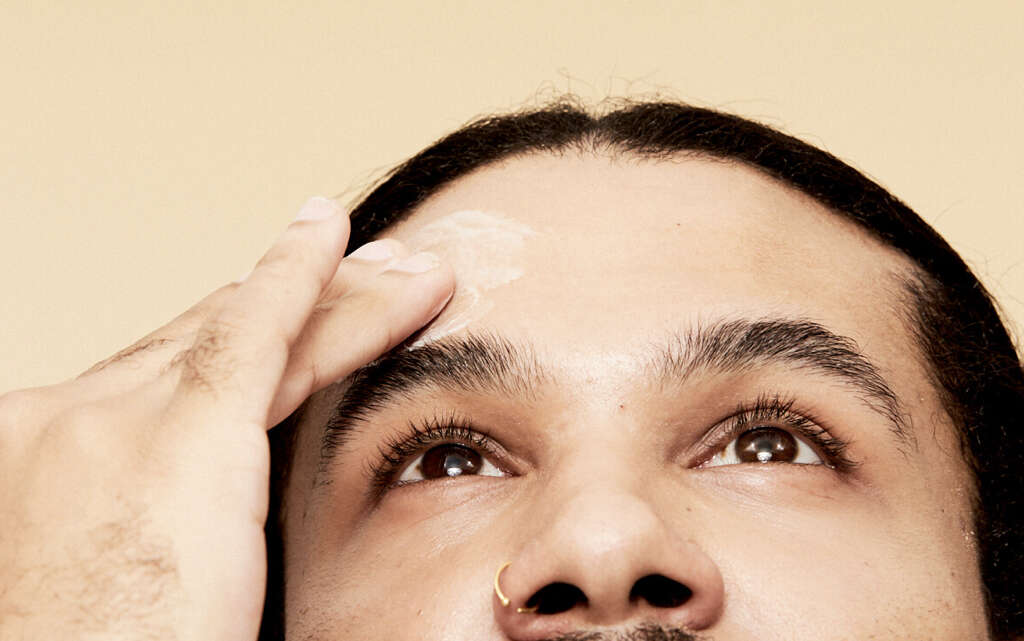
5. Bacterial skin infections
One of the key roles that skin plays in preserving our health is providing a barrier to infections. It is our largest bodily organ that works very well in preventing harmful micro-organisms from penetrating. However, with the open sores that occur due to intense scratching, this barrier becomes damaged.
A mild skin infection known as impetigo often occurs. It is typically caused by staphylococci or streptococci bacteria. Some infections may enter the bloodstream and lead to an inflammation of the kidneys or heart disease. This type of complication should encourage sufferers to seek early treatment that will alleviate scratching.

6. Pain
Scratching an itch can be quite pleasurable. For most healthy people, this sensation is brief and quickly dealt with by a swift scrape that soothes whatever surface irritation is going on. Scabies is however a condition caused by bugs that have penetrated the skin. The intensity of the irritation is far greater and often extensive.
People tend to scratch away for much longer and deeper into the skin. While it can initially be relieving, it easily becomes painful as skin is broken and bleeding occurs. Open sores and bacterial infections can add further stress to the body. With possible inflammations, pain can be experienced from other parts of the body.

7. Fever
Our bodies have in-built mechanisms through which to fight off infections. Some of these reactions can result in discomfort but can help to resolve health problems. Fevers are one such mechanism that is characterized by a rise in body temperature. It can be accompanied by such symptoms as sweating, chills, irritability, and aching muscles.
When scabies sufferers experience bacterial infections, it is common to also suffer a fever. This is an indication of the body trying to fight off the infection. It can last from a few hours to a few days. It is not a serious concern unless the temperature exceeds 103F. more care should however be taken with children as even a small spike in temperature may indicate a serious problem.
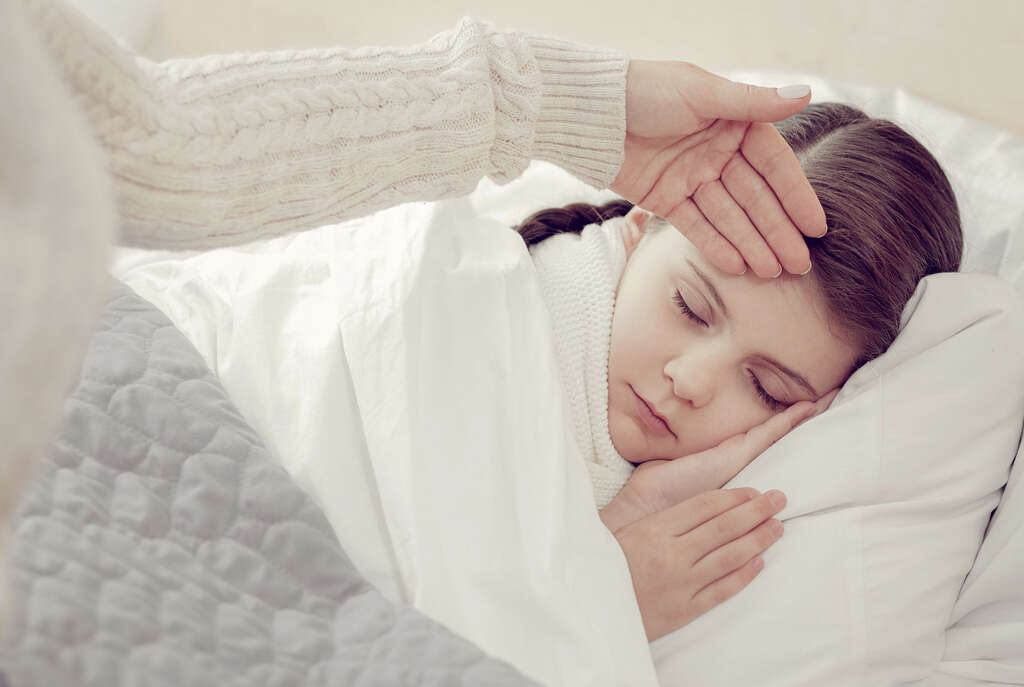
8. Sleep and Eating Difficulties
During daytime hours, the intense desire to scratch can prove highly stressful. More so when the area that you want to scratch is an embarrassing one, like the genitals. You may be forced to keep rushing to the bathroom to find a private space for relief. This problem can however also interfere with one’s ability to get some rest at night.
Sleep disturbance is common because mites are more active at night. In adults, it can lead to some insomnia. For children, the problem is similar and can even disrupt their ability to eat comfortably. Infants will often resort to crying and fussing, and be unable to comfortably breast or bottle-feed.

9. Nail Scabies
Most bugs like a warm and dark space. These conditions provide an inviting environment where they can hide and reproduce. The human body makes for a desirable host as mites get to do just this and feed. One of the less common infestation sites that many doctors overlook is below the toe and fingernail.
Because it is sometimes not as closely inspected, it can often be a source of re-infection, especially for those that suffer the worst form of scabies, crusted scabies. The thickened nails often become yellowish in color and crumbly in texture. Sufferers may find the nails more difficult to cut than before they suffered scabies.

10. Crusted Scabies
Many ailments will have a mild effect on people, while some unlucky few will suffer an extreme form. While most scabies sufferers will only have to contend with 10-15 mites on their person, those that suffer from crusted scabies, or Norwegian scabies, will have to contend with tens of thousands to millions of the bugs.
This level of infestation often results in thick crusty and scaly skin over large portions of the body where the mites live and are laying eggs. It can be quite harder to treat and highly contagious. The recovery time can also be much longer. A combination of oral and topical prescription medication will likely be needed. This problem is most often seen amongst people with weak immune systems and the elderly.
